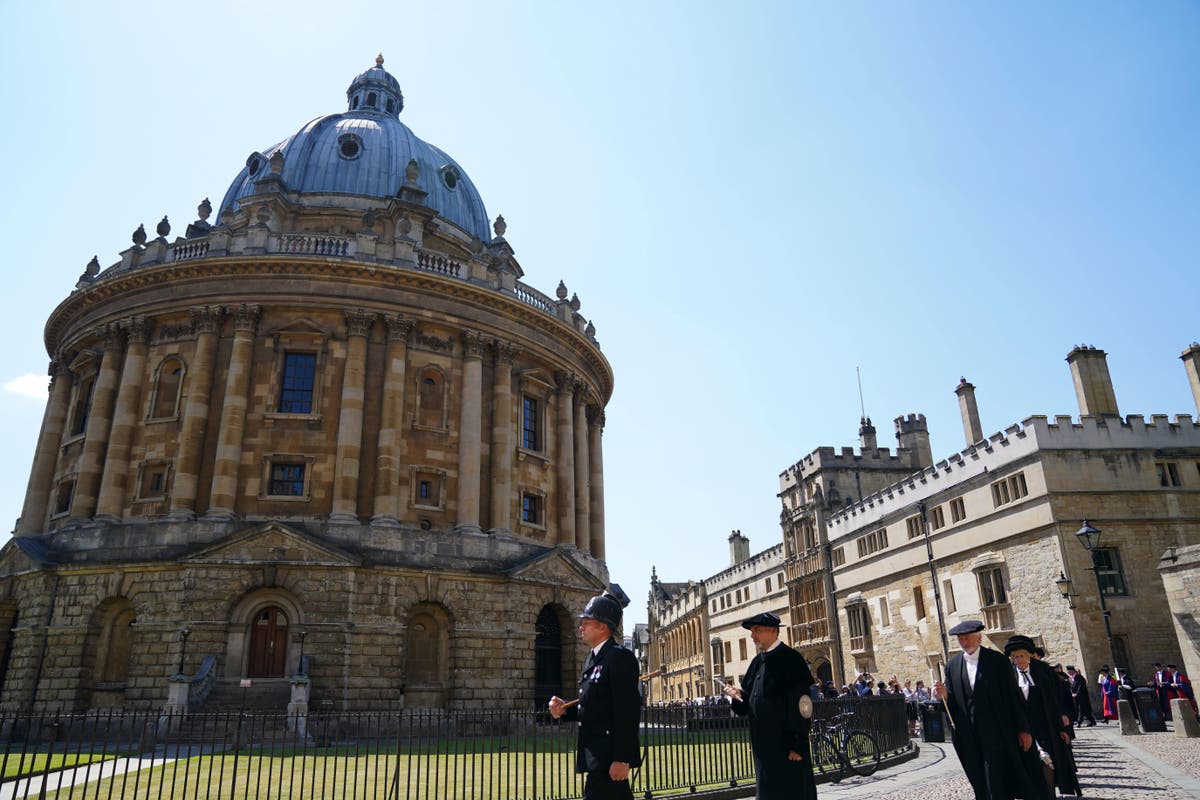Repeated calls for pay restraint among university vice-chancellors is “potentially dangerous” for the higher education sector as it could reduce the pool of candidates willing to lead institutions, a paper suggests.
“Highly competitive” compensation is needed to attract enough leaders with the necessary skills to run universities in the UK, according to a report by the Higher Education Policy Institute (Hepi) think tank.
The paper comes as students face further disruption to their learning next month as the University and College Union (UCU) is planning on staging more strikes in its ongoing dispute over pay and conditions.
Politicians and union leaders have voiced concerns about the high salaries of university chiefs in recent years.
The latest Higher Education Statistics Agency (Hesa) figures show that five universities in the UK paid their vice-chancellors more than half a million pounds in salary and benefits last year.
For the financial year ending July 2022, Alice Gast received a pay and benefits package of £714,000 as president of Imperial College London, Louise Richardson received £542,000 as vice-chancellor of the University of Oxford, and Minouche Shafik received £539,000 as director of the London School of Economics and Political Science.
All three vice-chancellors – who were the highest-paid leaders at mainstream higher education institutions in the UK by total remuneration – have since moved on from their leadership roles at the universities.
The Hepi report suggests that UK vice-chancellors earn less than their equivalents in the US – where vice-chancellors earned up to 2,509,687 dollars (£1,966,274) a year in 2022 – and in Australia.


